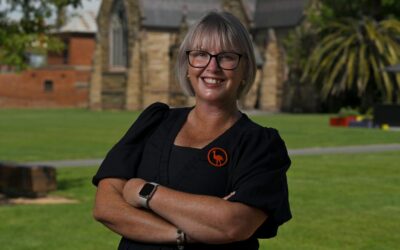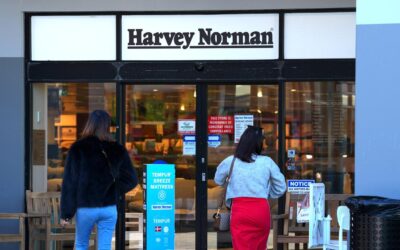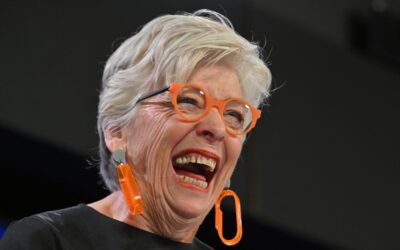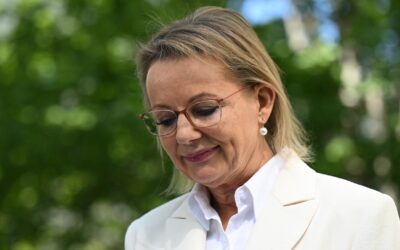Sorry, that’s old news…
You’ve found an older news story. We delete stories from our AAP News Feed after two months. But fear not, here’s today’s news!

As politicians prepare for a hotly contested federal by-election, an independent reveals her hope for big reforms ...

The European Union will go ahead with applying a contentious free trade deal with a South American bloc despite ...

Harvey Norman shares dropped to a nearly seven-month low after the retail/property company announced its half-year ...

A veteran journalist who relentlessly attacked a spiritual leader with meritless claims has been ordered to pay ...

Almost 40,000 Budget Direct customers lost their online discount after making policy changes in the first year, ...

Maggie Beer Holdings has returned to profit as it continues to examine a number of unsolicited offers for its ...

Australians kept posties run off their feet by ordering a record number of Christmas parcels, while letters ...

Political candidates are jostling ahead of a crucial by-election test after Sussan Ley was deposed as opposition leader.
No results found.
Background image courtesy victoriancollections.net.au